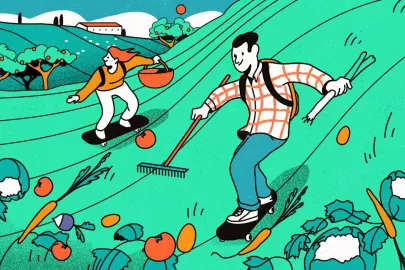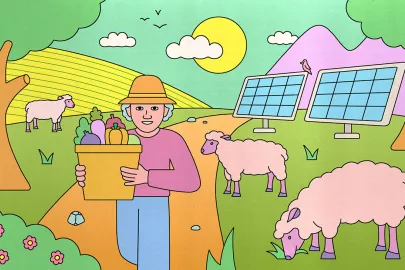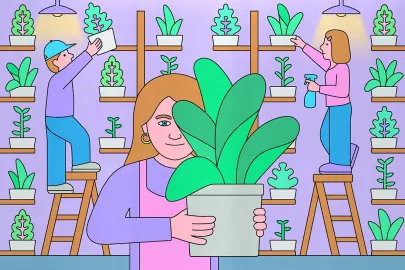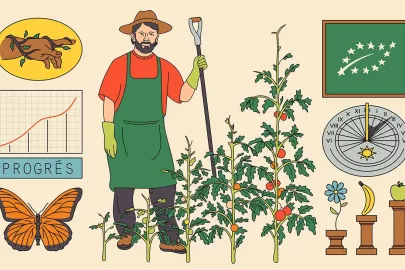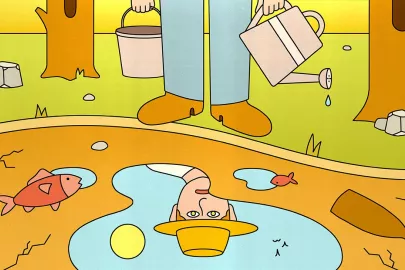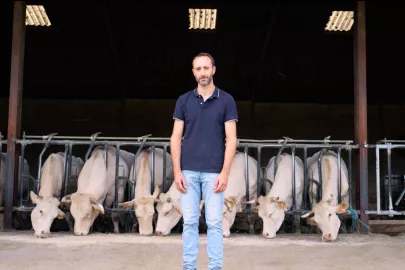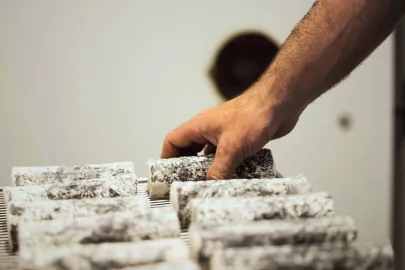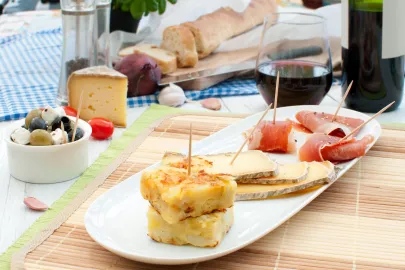WWOOFing is winning more and more converts, especially in France. The movement, which began in 1971, connects organic farms around the world with people wishing to experience and learn more about agriculture. What follows is a small explanatory personal case study…
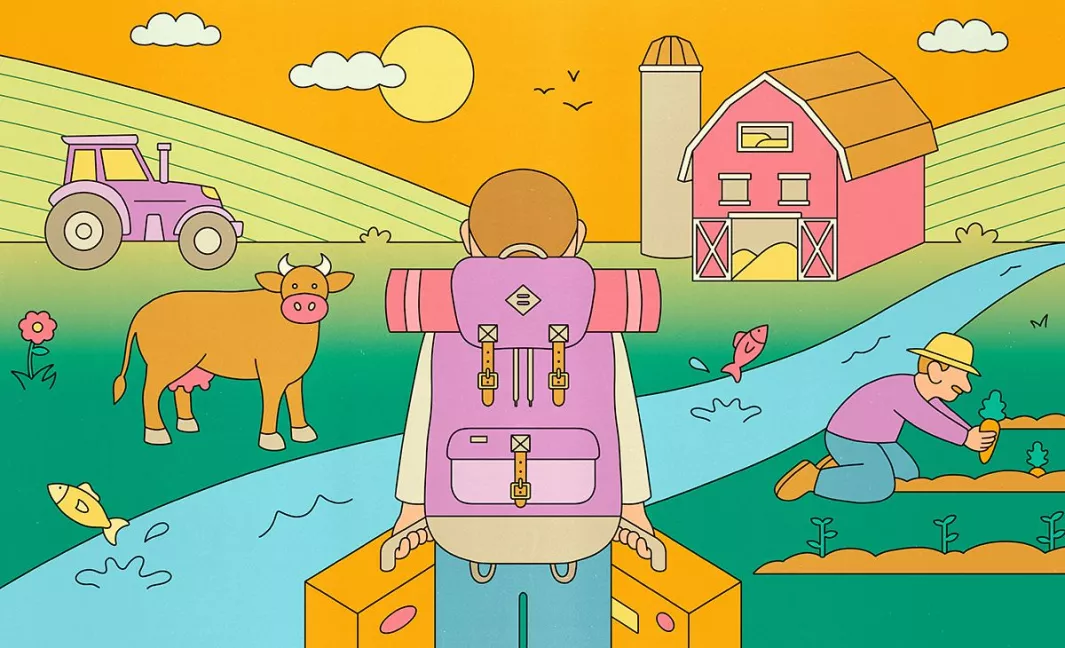
A while ago, I spent a year on a permaculture farm near the English Channel. My time was divided between journalism and farm activities. A steady stream of WWOOFers came to lend a hand. This had all been made possible by a small revolution… In 1971, a young London girl with a yearning for nature had a desire to spend her weekends helping farmers involved in organic farming. She took out a newspaper advertisement entitled Working Weekends on Organic Farms. The ad received dozens of responses, and thus WWOOFing, or World-Wide Opportunities on Organic Farms, was born. The movement grew gradually around the world through its website. Its origins in France date back to 2007.
The WWOOFing charter recommends that volunteers help their hosts for half a day every day, five days a week. The WWOOFers who came to stay with us on the Normandy farm – mainly young people aged between 20 and 30 – took part in the various daily activities of a market gardening operation: sowing vegetables and aromatics, transplanting mature plants into the ground, weeding, harvesting, etc. They also accompanied us on visits to a number of markets at weekends. It varies from farm to farm, but meals are often prepared together, using farm produce, and eaten communally. Such times of sharing provide an opportunity to get to know one another better and discuss the practices on the farm, organic agriculture techniques, etc. In their “free” time, our guests took advantage of the local beaches or explored the region. After all, as specified in the movement’s charter, "WWOOFers are not employees, and therefore are not required in any way to generate a profit and/or act as subordinates. They must be welcomed on an occasional basis, and for a limited period of time: under no circumstances are they a replacement for a paid employee.” In other words, no more than a simple arrangement with benefits for both parties.
Today, France has around 2,500 participating hosts, and a similar number of agricultural businesses. At Domaine de Lorient, in the south of France, in Ardèche, Laure Colombo and Dimitri Roulleau-Gallais invite WOOFers working on their wine farm to work the vines, help look after the vegetable garden, and even participate in the rearing of Jersey cows. In Brittany, at the property of Sacha Guégan, founder of "Un Jardin sauvage", residents (re)discover and tend the dozens of varieties of aromatic and medicinal plants that grow there (roses, thyme, lavender, chamomile, etc.), before trying their hand at creating homemade products such as herbal teas, oils and vinegars. In Japan, the same principles apply. On the island of Hokkaido, WWOOFers can stay at the flower and vegetable farm in the town of Biei-cho, which regularly requires manual assistance in its garden. Meanwhile, at the El Bosque farm in Wayra, in the north-eastern corner of Spain, volunteers help to maintain the one-and-a-half-hectare family farm, looking after the vegetable garden, preparing sourdough bread and cutting flowers in the ornamental garden. So… could you be tempted by a “green experience”?
Colaborador

Editor

